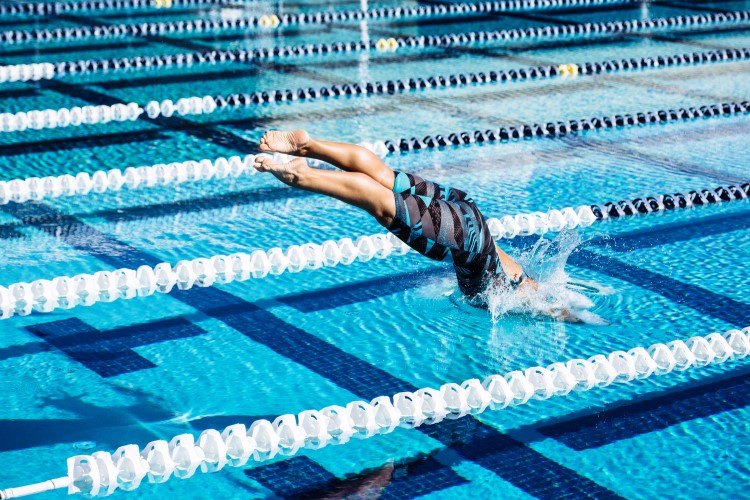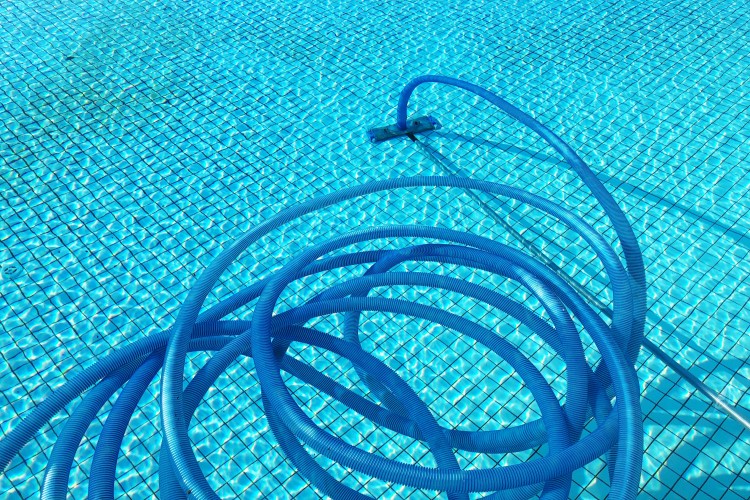
According to researchers from Nationwide Children’s Hospital, more youth are being rushed to the hospital for swimming-related injuries than ever before!
Dr. Gary Smith, a pediatric emergency physician at Nationwide Children’s Hospital in Columbus, OH, the rise in injury is due to lack of parental supervision.
“On average, there’s one swimming-related injury every six minutes. You need to be 100 percent attentive,” Smith says.
“Getting injured on the playground is different than getting hurt in the water. If you slip underwater and your heart stops beating, that’s final,” Smith says.
Lifeguards monitor pools to keep them safe. However, it’s more difficult to keep an eye on everything that goes on in larger pools. Parents can keep their children safe in the water by being mindful and present when they are in the water.
Slips, Trips, and Falls
Pool injuries happen more than you might expect. Tripping hazards are often found on the pool deck. Towels and water toys are the common culprits here. Here are some of the things to watch out for around your pool:
- Slippery decks and uneven spaces
- Jumping into shallow water
- Running on decks
- Falling into the pool
Tripping or falling into the pool can lead to drowning or severe head trauma. According to the Mayo Clinic, hitting your head hard enough can affect you for the rest of your life. If you have symptoms such as headache, nausea or dizziness after hitting your head, it’s best to seek help from a healthcare provider.
To avoid this, watch your children while in and around the pool. Setting ground rules such as no running near the pool can help. Also, pick up any items that could be tripping hazards and encourage your children to put away their pool toys when they are done playing.
Diving Accidents
Unsafe diving can cause serious injuries. Over 25,000 people experience diving-related injuries each year that require emergency treatment, according to the US Consumer Product Safety Commission.
Some of the most common diving-related injuries include twisted knees, ankles, wrists and elbows. Swelling or stiffness from a sprained joint can be extremely painful. Here are some of the symptoms of a sprain as identified by the Cleveland Clinic:
- Pain
- Swelling
- Bruising
- Instability
- Being unable to move or use the joint
Seek help from a doctor to find out what happened and to recover safely. Untreated injuries can get worse over time.
 To prevent injury, enroll your child in swimming lessons, which will help them learn how to dive properly and stay safe in the water. Make sure you know the pool’s depth to know if it’s safe for diving or not. Remind your child to enter the water feet first to check the water’s depth. Diving into water that’s too shallow is not safe.
To prevent injury, enroll your child in swimming lessons, which will help them learn how to dive properly and stay safe in the water. Make sure you know the pool’s depth to know if it’s safe for diving or not. Remind your child to enter the water feet first to check the water’s depth. Diving into water that’s too shallow is not safe.Chlorine Allergies
Chlorine keeps your family safe from water-born bacteria in the pool. However, something to keep in mind is some swimmers may be sensitive to chemicals used in the pool. Here are some of the places to identify irritation:
- Eyes
- Ears
- Airways
- Skin
So, if your children mention stinging in their eyes or throat or if you see a rash, flush the affected area and consult a doctor. According to the American College of Allergy, Asthma and Immunology, one cannot be allergic to chlorine. However, one can be sensitive to it causing the previously mentioned symptoms.



